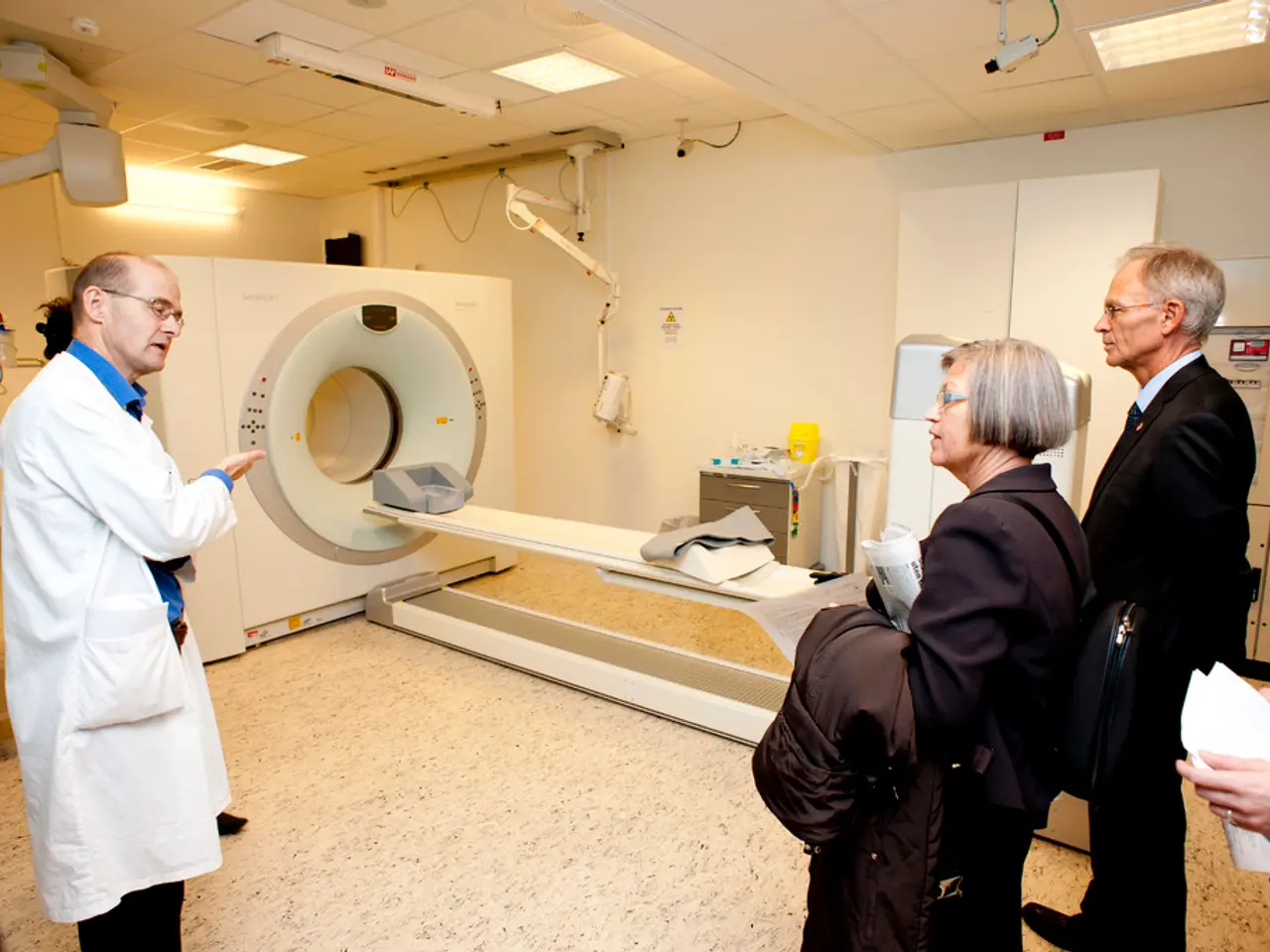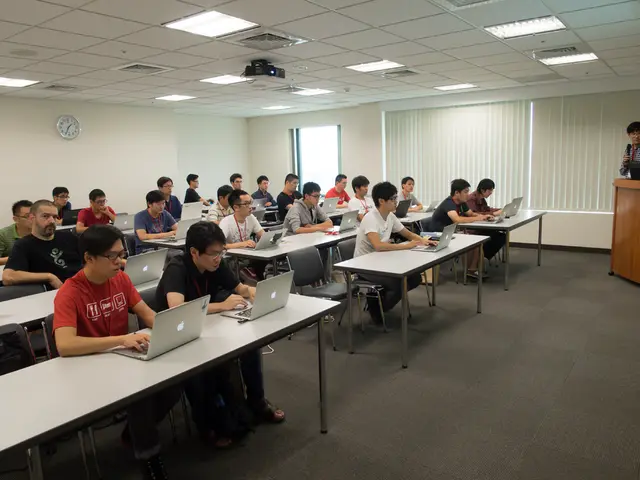Doctor Teaches Medical Professionals to Cope When They Become Patients
Dr. Ed Doughty led a session at the World Extreme Medicine Conference titled 'What happens when the extreme comes to you'. The session focused on equipping medical professionals with tools to manage stress and trauma when they themselves become patients or face extreme situations.
Dr. Doughty covered a range of topics, including recognizing cumulative stress, moral injury, flashbacks, and early warning signs. He also delved into family communication, boundaries, and clinician-as-patient experiences. Chad Hollingsworth, a flight paramedic and educator, shared personal experiences of stress and trauma, such as a fatal farm-silo incident and a near-fatal surgical complication. The session explored coping strategies for when extreme situations happen to oneself, including micro-debriefs and peer support techniques to avoid blame and reduce second-victim harm. Strategies discussed spanned pre-shift, on-shift, and post-shift, including I'M SAFE checks and decompression rituals. A procedural mindset that plans for failure was introduced, with examples like defining plan B upfront and changing variables after failed attempts.
Dr. Doughty's session armed attendees with vital skills to navigate extreme situations and manage stress and trauma, both professionally and personally. By planning for failure and fostering supportive environments, medical professionals can better protect their own well-being while continuing to provide exceptional care.








